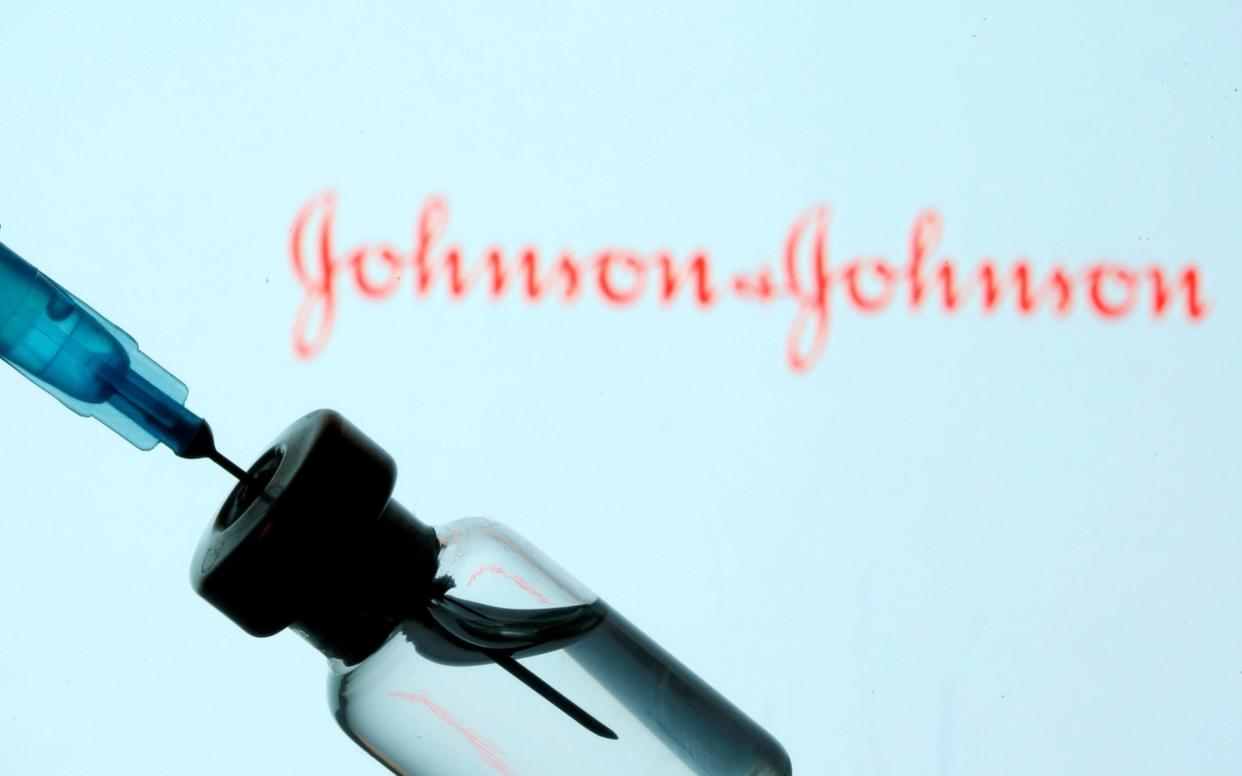Johnson & Johnson to test new one-shot Covid-19 vaccine on babies

Johnson & Johnson plans to test its new one-shot coronavirus vaccine in infants and even in newborns, executives have told the US government.
The drug giant will also test its jab on pregnant women and those with compromised immune systems.
The proposals are thought to be the first to announce trials of a vaccine in infants, but come as drug developers prepare a flurry of research in how jabs work on children.
Global vaccine roll outs are focusing on the elderly and health workers. Children are much less likely to fall ill and adult deaths dwarf deaths in youngsters. But some are still dying and others have developed severe inflammatory conditions which can cause critical illness or damage organs. Vaccinating children could be important both for protecting them and stopping the virus spreading in the wider population, doctors and scientists have suggested.
Pfizer's chairman last week said it plans to begin testing in children as young as five, while Oxford-AstraZeneca has said it will monitor whether the jab produced a strong immune response in children aged between six and 17.
A briefing given last week to the US government's Food and Drug Administration said the company wanted to run trials to look at safety and immune response for children from birth to 18, as well as looking at newborns and their mothers. A separate study would look at immune compromised patients, the New York Times reported.
America authorised the Johnson & Johnson vaccine over the weekend and has ordered 100 million doses for delivery by June. The UK has ordered 30 million doses and the European Union has ordered 100 million.
The Johnson & Johnson vaccine runs on older technology than some of the other vaccines in use. It relies on a disabled adenovirus, similar to viruses that cause the common cold, to deliver instructions to cells to briefly make copies of the virus’s spike protein. The recipients bodies then make antibodies to the protein.
Existing adenovirus vaccines, including one for Ebola, have been safely given to babies before.

